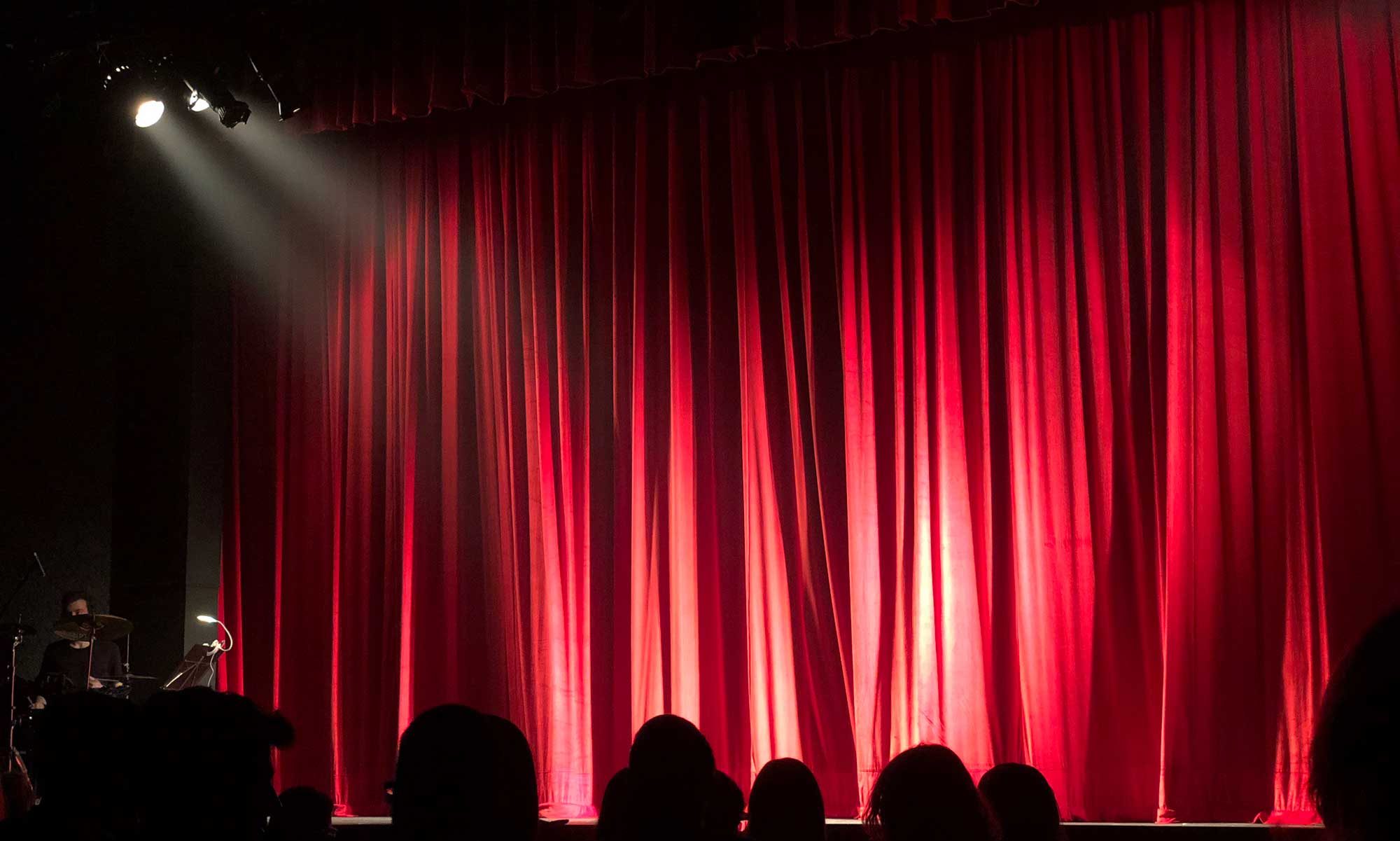 “How to Audition for TV Commercials from the Ad Agency Point of View” by W.L. Jenkins was a pretty helpful read. I have only had a chance to audition for a couple of commercials thus far, and while reading W.L. Jenkin’s book, I realized that I have a tendency of making several mistakes that he pointed out. The best advice I took away from this book was don’t overact for commercial auditions, do your homework (research the agency, producer, etc. that you are auditioning for), and be calm, relaxed, and believable.
“How to Audition for TV Commercials from the Ad Agency Point of View” by W.L. Jenkins was a pretty helpful read. I have only had a chance to audition for a couple of commercials thus far, and while reading W.L. Jenkin’s book, I realized that I have a tendency of making several mistakes that he pointed out. The best advice I took away from this book was don’t overact for commercial auditions, do your homework (research the agency, producer, etc. that you are auditioning for), and be calm, relaxed, and believable.
Aside from having several helpful tips and suggestions for ways to improve your craft at commercial auditioning (i.e. study commercials that are out there), Jenkins also reviews the commercial process from the ad agency’s perspective. I really enjoyed how he mentions the various stages in the process of creating a commercial. As a creative person, I am always fascinated by different creative processes, and I find it helpful knowing more about how a commercial is pieced together so I can feel more comfortable about the process the next time I have a commercial audition.
Jenkins touches upon the common styles of commercials, which gives an actor an idea of what to expect as far as commercial scripts are concerned. He also does a break down of the various terms used for “stage directions” in commercial scripts. And I thought his recommendations on questions to ask a casting director and questions you should definitely not ask were incredibly helpful words of advice.
Overall, I was pleased with the information Jenkins presented. After reading his book in one sitting, I feel more comfortable about the next time I stop by an ad agency for a casting call.

 I read “How Not to Audition: Avoiding the Common Mistakes Most Actors Make” by Ellie Kanner and Denny Martin Flinn all in one sitting. I liked the brevity of this book. Some “how-to” books have a tendency of being repetitive and not quick and to the point – this book did a great job of avoiding that problem.
I read “How Not to Audition: Avoiding the Common Mistakes Most Actors Make” by Ellie Kanner and Denny Martin Flinn all in one sitting. I liked the brevity of this book. Some “how-to” books have a tendency of being repetitive and not quick and to the point – this book did a great job of avoiding that problem. I decided to take a look at “Finding Your Voice” by Barbara Houseman in hopes that it could help me with my acting technique. However, it looks like the target audience for this book are actors who have had a bit of voice work experience. For me, a beginner in this area, it was difficult to stay interested and keep my thoughts from wandering while reading through the first few chapters.
I decided to take a look at “Finding Your Voice” by Barbara Houseman in hopes that it could help me with my acting technique. However, it looks like the target audience for this book are actors who have had a bit of voice work experience. For me, a beginner in this area, it was difficult to stay interested and keep my thoughts from wandering while reading through the first few chapters.